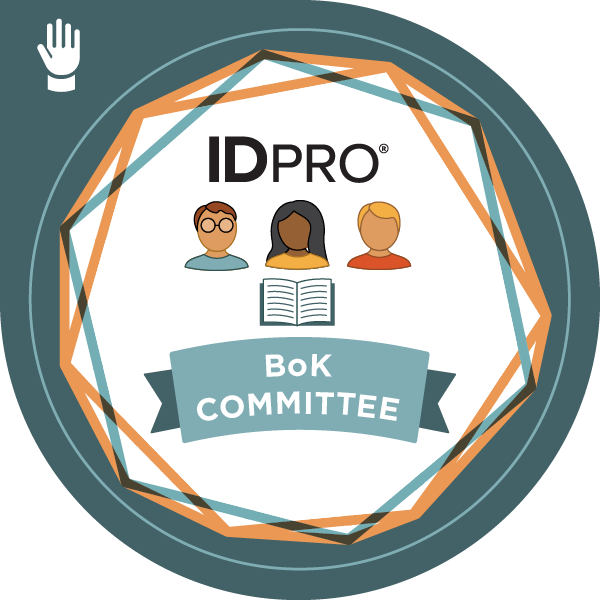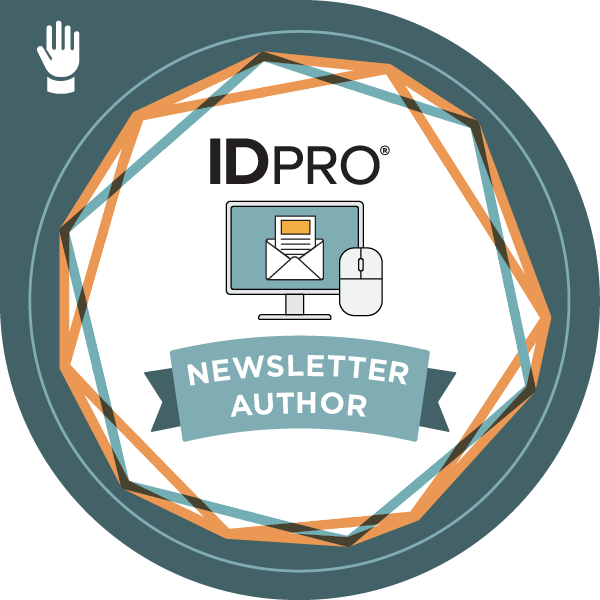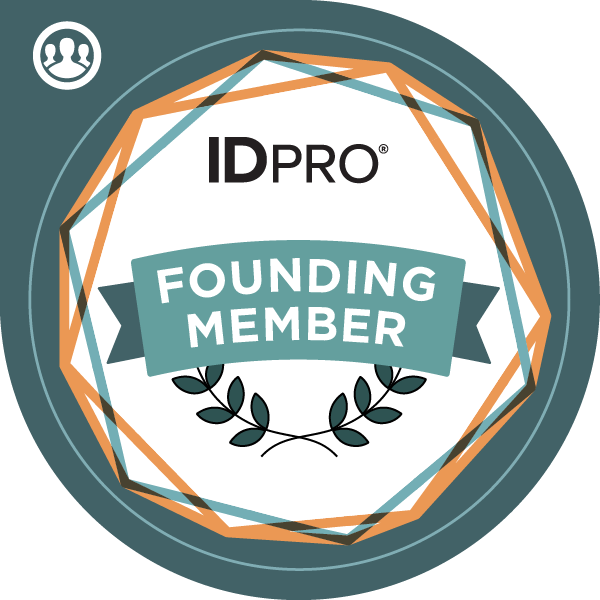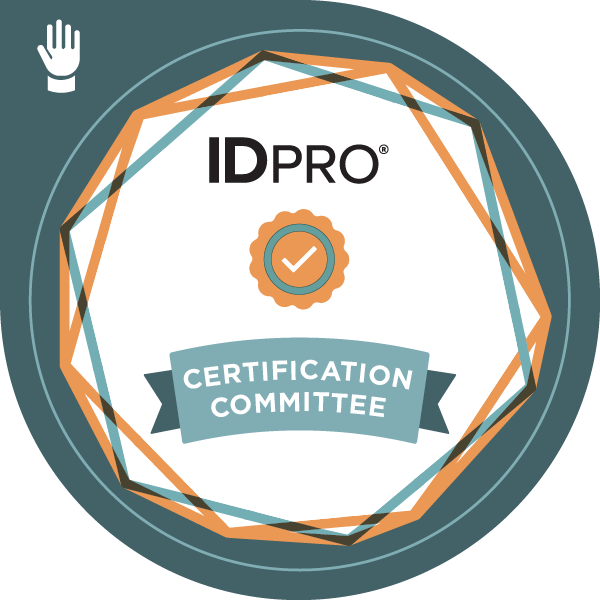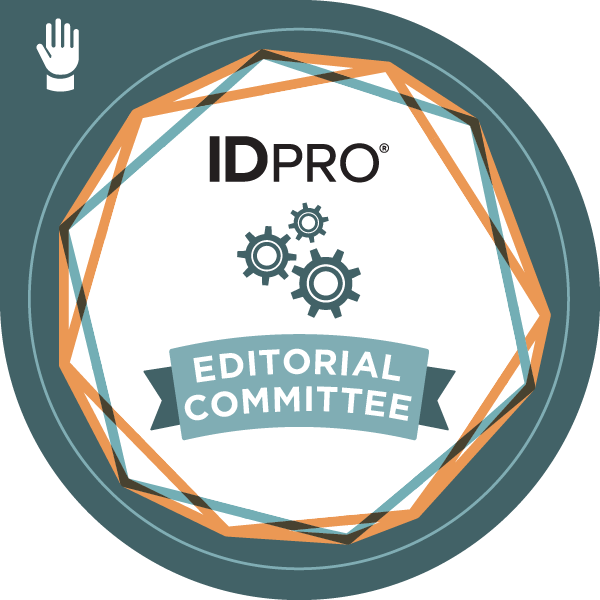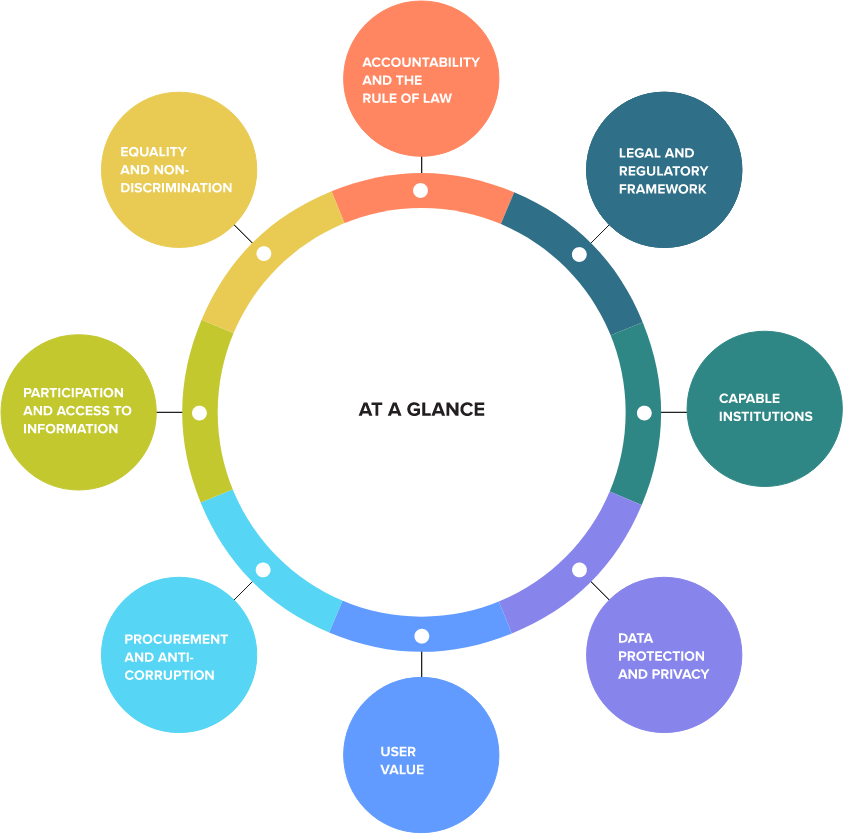
Digital identity systems have been a core component of organizations in every sector and around the world. Here at IDPro, we often focus on the enterprise and consumer end of things. Workforce identity and CIAM are the bread and butter of most IDPro members. But we’ve always known that digital identity is more than just a department or a role at a company. It’s truly the foundation of our digital lives.
Identity and Human Rights
The Universal Declaration of Human Rights enshrines the concept of recognition as a person before the law as a fundamental human right. Digital identity is a new aspect of that fundamental right, a topic covered by Elizabeth Garber and Mark Haine in the white paper “Human-Centric Digital Identity: for Government Officials.” This right has also inspired the United Nations Development Programme (UNDP) Model Governance Framework for Digital Legal Identity System.
Source: UNDP Digital Legal ID Governance website – https://www.governance4id.org/
Digital Identity and the United Nations
It might seem like a big stretch to go from our day-to-day worries about our IAM systems to a governance framework designed for governments worldwide to adapt as they build their digital identity programs, but it’s happening. The UNDP argues that there is a significant social and economic benefit for governments to digitize their identity programs and close the identity gap. Just in financial services alone, a strong digital public infrastructure is expected to speed up growth by 20-33%.
Think about it. Our little corner of the world, which focuses on a specialty so young you almost certainly don’t have a degree in it, is now a core aspect of global economic growth!
Eight Core Themes
So, what does the UNDP’s framework look like? As expected of the UN, they are taking a broad approach that considers all elements of society. Specifically, they offer guidance on:
- Equality and Non-Discrimination
- Accountability and the Rule of Law
- Legal and Regulatory Framework
- Capable Institutions
- Data Protection and Privacy
- User Value
- Procurement and Anti-Corruption
- Participation and Access to Information
The UNDP model comes from their legal identity AND digital public infrastructure efforts, which is the right combination of organizations to bring together. Digital transformation is a bit of a buzzword, and yet, that’s what is happening. The UNDP is trying to help provide some guidance so countries are at least somewhat going in the same direction. They’ve already noted that there are at least as many failed identity programs as successful ones, usually because of inadequate governance.
Digital identity always comes down to governance.
Applying the Framework
We can always learn from others, and we have an opportunity, regardless of what sector we work in, to learn from the UNDP framework. While targeted towards governments and civil society, there is quite a bit here that the public sector can apply to their IGA programs. The need to take into account as a foundational principle the need to support equity and diversity is one example. Another is ensuring the systems and programs are adequately funded and clear of undue influence.
Wrap Up
So why is this a Letter from Leadership post (which we’re also posting to the blog)? Because identity governance is our space and everyone in this organization has an opportunity to be a leader in ensuring the identity programs they are part of are well-designed and developed. So, as one leader to the next (that’s you), I hope you take a few moments to think about this bigger picture and how you can make the governance of the identity systems around you better.
Author

Heather Flanagan, Acting Executive Director and Principal Editor for IDPro (and Principal at Spherical Cow Consulting) comes from a position that the Internet is led by people, powered by words, and inspired by technology. She has been involved in leadership roles with some of the most technical, volunteer-driven organizations on the Internet, including the IETF, IAB, and IRTF as RFC Series Editor, ICANN as a Technical Writer, and REFEDS as Coordinator, just to name a few. If there is work going on to develop new Internet standards, or discussions around the future of digital identity, she is interested in engaging in that work.
